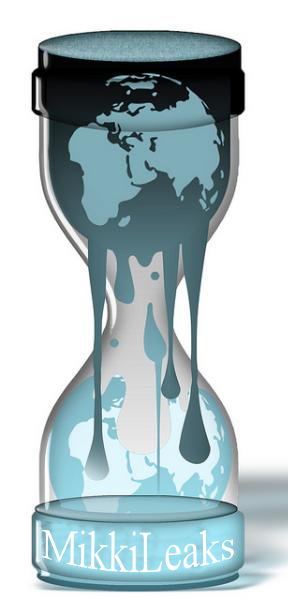Here's
something to think about: You and all of your company's employees
spend, on average, a little
more than 40% of your time working email. Is there anything in business that consumes 40% of your resources, or even 4% of your resources, that you've never tried to optimize?
more than 40% of your time working email. Is there anything in business that consumes 40% of your resources, or even 4% of your resources, that you've never tried to optimize?
Here's
another thing to consider. Email was invented in the 1960s. Back then
none of us had ever imagined an iPhone, or a PC, or a CD player, or a
pager, or a VCR or a microwave oven. Heck, I'm not sure I'd yet seen a
color television. One of my friends did have a black and white
television to which his parents had applied a translucent color overlay.
The top 20% was blue and the bottom 20% was green. It turns out that
few programs feature a shot showing both grass and sky but if they did,
then yes, my friend had a color television. Mostly, people on his TV
just looked ill.
So
a lot has happened technologically since the 1960s. We've stopped
sending telegrams (fun fact: the second 'T' in AT&T now stands for
'T' ... as there are no more telegrams). We've stopped using VCRs. While
I use its technological replacement, the DVR, even that is threatened
as I now stream from Netflix, Apple, and Amazon, or use YouTube. We've
stopped wearing pagers. We've even relegated CDs to the past and are now
moving beyond their replacement, MP3s + iTunes to streaming services
including Apple Music (love it!), Pandora, and Spotify.
And
yet we're still using email. Oh yes, and microwave ovens, although they
have evolved; they rotate your food and figure out how long to cook it
automatically. And there's been massive technological progress in
microwave popcorn.
Back to email.
It's
more or less the same technology I first experienced in 1982. And so
I've supplemented it with Dropbox, Evernote, Wunderlist, and
texting...on my MacBook Pro, iPad, iPhone, Apple Watch, and of course
"the cloud." Do you think perhaps it's time to say goodbye to email?
Absolutely! So what then?
Say
hello to Slack. First, to establish its credibility as an important
company/product, Slack is funded by a veritable Silicon Valley dream
team comprised of Andreessen Horowitz, Accel Partners,
Kleiner Perkins, and Google Ventures. It doesn't get any better than that.
The
Slack product was launched in 2013 and, according to Wikipedia (so it
must be true), attracted 8,000 customers in the first 24 hours.
Hopefully, none of these companies (or the hoards that came afterwards)
are your competitors. It's simply shocking that a small team of smart
coders could create a system that's actually better for employee
collaboration than email...more than half a century later. (Now I'm
making myself feel old.)
So what is Slack? Go to www.slack.com and
find out. Watch the video created by Sandwich Video, about how they
themselves use Slack after they were hired by Slack to create a video
about how companies use Slack. Talk about recursive self-references.
Wow!
As
I've advised with other new communication tools (Yammer, Chatter,
anything social media, or social networking), find a few volunteers in
your organization to run a small-scale trial among themselves. Not to be
too stereotypical but they probably won't be the employees who were
using email back in 1982. Actually, it's a good bet that they weren't
even alive in 1982. Interestingly, that year was the beginning of the
Millennial generation.
After
30 days have them report on the pros and cons of Slack vs. email. My
guess is that the ‘pros’ will prevail and your competitors will hate me.
But your employees won't.



